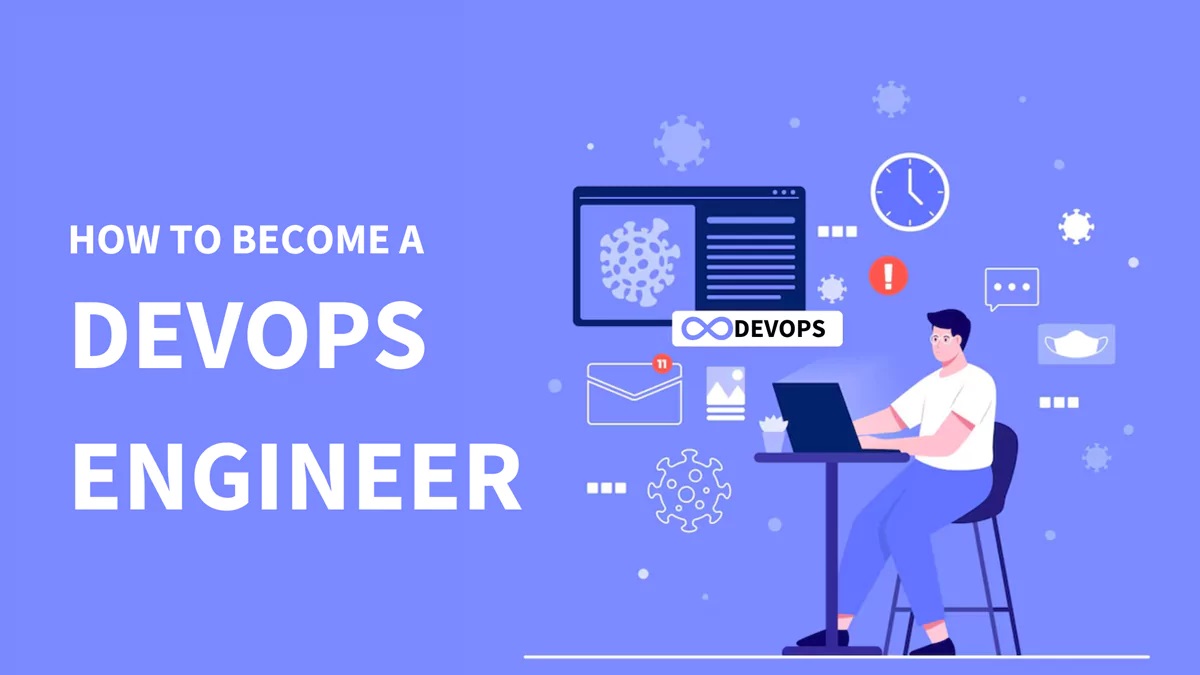DevOps Engineering: Bridging the Gap Between Development and Operations
 rose rusell
rose rusell
Introduction
In the fast-paced world of technology, the role of a DevOps engineer is pivotal for companies striving to enhance their software development and delivery processes. If you're asking yourself, "How do I become a DevOps engineer?" this comprehensive guide will provide a clear roadmap and outline the essential skills required to become a DevOps engineer.
What Should I Learn to Become a DevOps Engineer?
Embarking on the journey to become a DevOps engineer requires mastering a diverse set of technical domains. Here's what you need to focus on:
- Programming and Scripting: Gain proficiency in languages like Python, Ruby, or Go. Scripting is crucial for automating tasks and managing infrastructure efficiently.
- Version Control Systems: Learn to navigate tools like Git. Version control systems are vital for collaboration and maintaining code integrity.
- Continuous Integration/Continuous Deployment (CI/CD): Familiarize yourself with CI/CD tools such as Jenkins, Travis CI, or CircleCI. These tools automate testing and deployment, ensuring faster and more reliable releases.
- Infrastructure as Code (IaC): Dive into IaC tools like Terraform, Ansible, or Puppet. IaC allows you to manage and provision infrastructure through code, simplifying scalability and environment management.
- Containerization and Orchestration: Master Docker for containerization and Kubernetes for orchestration. These skills are essential for deploying and managing applications at scale.
- Cloud Computing: Gain expertise in cloud platforms like AWS, Azure, or Google Cloud. Understanding cloud services and architectures is crucial for modern DevOps practices.
Skills Required to Become a DevOps Engineer
Beyond technical know-how, several soft skills required to become devops engineer
- Collaboration and Communication: Work closely with development, operations, and other teams. Effective communication and collaboration are vital for seamless workflows.
- Problem-Solving: Quickly identify and resolve issues. Strong problem-solving skills are essential for troubleshooting complex systems.
- Adaptability: Stay current with evolving technology. Being adaptable and eager to learn new tools and technologies is critical for staying ahead in the field.
Roadmap to Become a DevOps Engineer
Follow this step-by-step roadmap to navigate your path to becoming a DevOps engineer:
- Learn the Basics: Start with programming fundamentals, version control, and basic system administration.
- Get Hands-On Experience: Work on personal projects, contribute to open-source initiatives, and participate in hackathons. Practical experience is invaluable.
- Study and Practice CI/CD: Implement CI/CD pipelines in your projects. Experiment with various tools to understand their benefits and drawbacks.
- Explore Cloud Platforms: Gain hands-on experience with at least one major cloud provider. Learn about their services, pricing models, and best practices.
- Master IaC and Configuration Management: Practice writing infrastructure as code and managing configurations with tools like Terraform and Ansible.
- Learn Containerization and Orchestration: Build, deploy, and manage containerized applications using Docker and Kubernetes.
- Stay Updated and Network: Join DevOps communities, attend conferences, and follow industry blogs and podcasts to stay current with the latest trends and technologies.
- Certifications: Consider obtaining certifications from reputable organizations. Certifications can validate your skills and enhance your job prospects.
Conclusion
Becoming a DevOps engineer requires a blend of technical expertise, hands-on experience, and a commitment to continuous learning. By following this roadmap and focusing on the essential skills required to become a DevOps engineer, you'll be well on your way to a successful and rewarding career in DevOps. The journey may be challenging, but the rewards are well worth the effort.
Subscribe to my newsletter
Read articles from rose rusell directly inside your inbox. Subscribe to the newsletter, and don't miss out.
Written by

rose rusell
rose rusell
Hello, my name is Rose. I have completed my engineering degree from USA University. Currently, I am working as an Associate. Originally from the USA, I bring a diverse background and a unique perspective to my work. My engineering education has equipped me with strong analytical and problem-solving skills.